
A new study finds first-trimester trimethoprim-sulfamethoxazole use increases the risk of congenital malformations compared with β-lactam antibiotics.

A new study finds first-trimester trimethoprim-sulfamethoxazole use increases the risk of congenital malformations compared with β-lactam antibiotics.
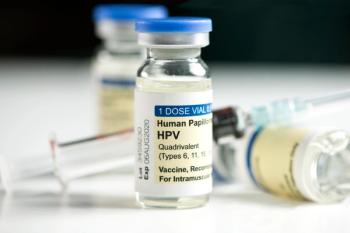
A 13-year randomized trial finds no added benefit from a booster dose in preventing persistent HPV-16 and HPV-18 infections.

A large Brazilian study finds that early or late menarche may predict long-term cardiometabolic and reproductive health risks in women.

Joint recommendations highlight the importance of screening, medication management, and contraception counseling to improve pregnancy outcomes in women with diabetes.

A new study reveals distinct gut microbiota patterns in pregnant women with gestational diabetes, offering potential for early, non-invasive detection and targeted interventions.

Review some of the top stories from the Contemporary OB/GYN website over the last week, and catch up on anything you may have missed.

Women with kidney transplants who conceive through assisted reproductive technology face increased risks of complications such as hypertension, preterm birth, and cesarean delivery, according to new research.

Getting a flu shot while pregnant significantly reduces the risk of severe illness for the mother and cuts the infant’s flu risk by 44% during the first 6 months of life.

Discover the serious health risks of smoking while pregnant, how vaping compares, and the most effective ways clinicians can help women quit.
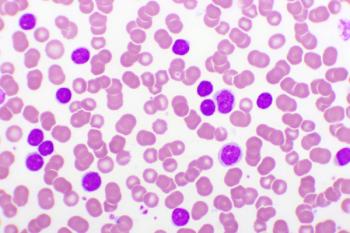
A large Swedish study reveals a 21% higher risk of acute lymphoblastic leukemia in children born via planned cesarean section compared to vaginal delivery.

Women with endometriosis-related infertility are more likely to conceive than those with other causes of infertility, a 30-year study shows.

A recent randomized trial found no significant improvement in birth weight or key birth outcomes from antenatal trimethoprim–sulfamethoxazole prophylaxis in human immunodeficiency virus-positive pregnant women.

A pro-inflammatory maternal diet during pregnancy was linked to a 16% higher risk of type 1 diabetes in offspring, Danish cohort study finds.

New research reveals increased rates of human papillomavirus infection and cervical cancer in women aged 65 years and older, highlighting the need to reconsider current screening guidelines.

A recent study found that unopposed estrogen therapy reduces young-onset breast cancer risk, while combined estrogen-progestin therapy increases it.
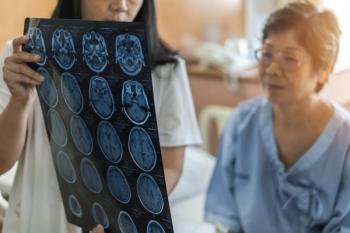
A major study of over 2 million women reveals that common pregnancy complications significantly increase the risk of stroke decades later.
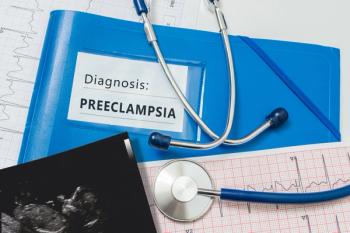
A new study shows that a first-trimester blood test using cell-free RNA can predict early and late-onset preeclampsia with high accuracy.
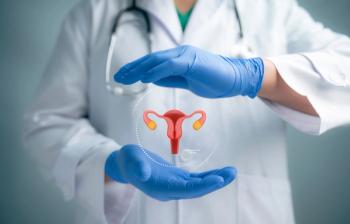
A new study uncovers inherited epigenetic changes in embryos of women with polycystic ovary syndrome, offering insights into early risk detection and future fertility therapies.
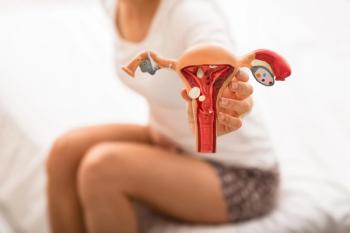
A large-scale study finds women with endometriosis are 4 times more likely to conceive than those with other infertility diagnoses, offering new hope for patients.

A recent study highlighted a longer average pregnancy duration before abortion in states with bans, alongside increased travel time and costs.

A roundup of the most impactful FDA approvals in women’s health from January through June 2025, spanning diagnostics, therapeutics, and at-home care.

New research reveals that reduced Parabacteroides merdae and elevated branched-chain amino acids in women with polycystic ovary syndrome may increase adverse pregnancy outcomes.

A look back at the most important FDA approvals, clinical research, and expert perspectives shaping ob-gyn care in the first half of 2025.

A new study reveals hybrid closed-loop technology significantly improves glucose control for pregnant women with T1D.

Eliminating a modest out-of-pocket cost significantly increased digital breast tomosynthesis use and reduced disparities across racial, ethnic, and language groups.

Take a quick look at everything you may have missed during Q2 of 2025, including the latest FDA approvals, top stories, and exclusive interviews.

Take a quick look at everything you may have missed last month, including the latest FDA updates and top stories.

A large European study finds that exposure to fine particulate matter during pregnancy may increase the risk of childhood overweight and obesity, especially in children aged 9 to 12 years.
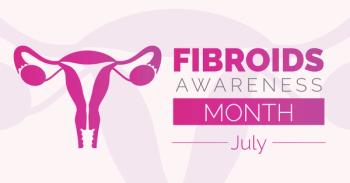
Uterine fibroid care is evolving with more treatment options, fertility-focused planning, and a greater emphasis on quality of life and shared decision-making.

New research shows that analyzing sleep pattern variability from wearable devices can improve early prediction of preterm birth in pregnant women.